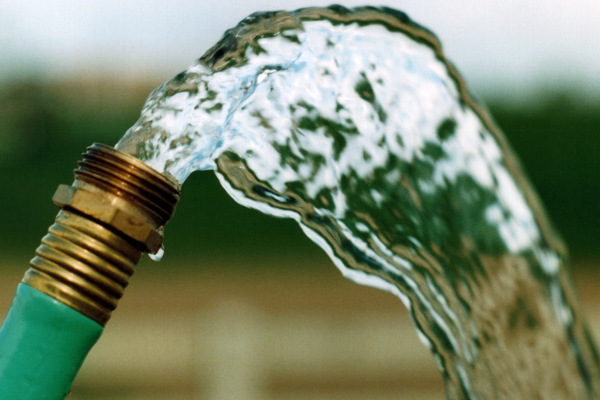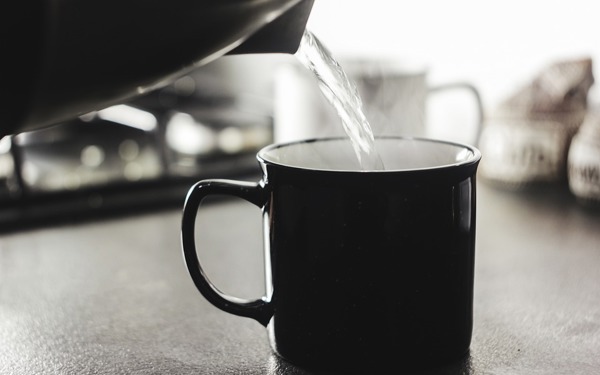Water Saving Tips
Energy Advice

Anglian Water
- Anglian Water has detailed advice on how to save money in the garden, in the bathroom and in the kitchen. Please follow the links for simple and easy water saving advice.
- Anglian Water offers free sink strainers and plate scrapers.
- Anglian Water has a free, interactive Water Saving Quiz, where you can find advice for saving water in each section of the home.
- Depending on where you live, you can order a free water saving garden kit. Please input your postcode on Anglian Water’s website to check eligibility.
- Also depending on where you live, you can order a free sustainable living kitchen kit for free. Please input your postcode on Anglian Water’s website to check eligibility.
- Please input your account number on Anglian Water’s website to apply for a water meter.
Southern Water
- Southern Water has detailed advice on how to save money in the garden, in the bathroom and in the kitchen. Please follow the link for simple and easy water saving advice.
- Customers can apply for a free water-saving home visit, where an engineer could fit up to £100 of free water-saving devices in kitchens, bathrooms and toilets. These include tap inserts, water-efficient showerheads, dual-flush converters, and the supply and installation of water butts.
- Southern Water offers detailed advice on how to find and fix leaks/drips at your property.
- Southern Water has a free video on how to install a water butt, which can hold enough rainwater to fill a watering can 25 times.
- Southern Water also hosts Community Events where they shared tips on how to save water at home, gave advice on how to keep drains flowing and clear and reduce bills. Please contact community@southernwater.co.uk for further information.
- You can apply for a water meter from Southern Water
Thames Water
- Thames Water also has water saving tips on their website.
- Thames Water has a free water saving calculator on their website. Please answer a few questions to discover your household’s water and energy usage.
- Thames Water has advice on how to check the flush and fill valves on your toilet, which can leak, and a list of approved plumbers if they are leaking.
- You can apply for a water meter from Thames Water here.
Yorkshire Water
- Yorkshire Water has a guide on how to make a mini water butt using items found around the household.
- Yorkshire Water offers free water saving products, such as a shower regulator and leaky loo detection strips, depending on availability. Only one pack can be ordered per household.
- You can sign up to Yorkshire Water’s mailing list to hear about help and support services, water saving advice and top tips to avoid blockages.
- You can apply for a water meter from Yorkshire Water
South West Water
- South West Water has detailed advice on how to save money in the garden and in the home. Please follow the link for simple and easy water saving advice.
- South West Water also has a free guide for spotting leaks in toilets, and you may be eligible to have your toilet fixed for free.
- Please input your postcode and answer a few questions regarding your water-use for free water-saving devices, including a water butt.
- South West Water offers discounted water-saving devices if you are not eligible for the free devices.
- You can apply for a water meter from South West Water
Northumbrian Water
- Northumbrian Water has detailed advice on how to save money in the garden and in the home. Please follow the link for simple and easy water saving advice.
- Northumbrian Water also has water saving tips and advice specifically for the summer.
- Northumbrian Water also offers a free water saving kit.
- Northumbrian Water offers a free personalized water report – please answer a few questions to receive yours.
- You can apply for a water meter from Northumbrian Water
Severn Trent Water
- Severn Trent Water offers a free water meter, which you can trial for one year.
- Severn Trent Water sells three different water butts and offers free water saving devices. Please input your postcode to claim them.
- Severn Trent Water work alongside Save Water Save Money to offer the Get Water Fit platform.
- Severn Trent Water offer free saving water tips and advice, internal leak guidance and home water checks.
United Utilities
- United Utilities also has water saving tips on their website, and you can buy discounted water butts from them.
- They also offer a guide on how to fit a water butt in your garden, and how to make your own water butt.
- United Utilities has water saving tips to use in the garden here.
- You can apply for a water meter from United Utilities
- United Utilities is working alongside Save Water Save Money to offer free water saving products and special offers. This is only available to United Utilities customers with a delivery address within the United Utilities supply area only.
Wessex Water
- Wessex Water has detailed advice on how to save money in the garden, in the bathroom and in the kitchen. Please follow the link for simple and easy water saving advice.
- Wessex Water has advice on how to check if your toilet is leaking, and a list of approved plumbers if they are leaking.
- There is also advice on how to check leaks in other parts of the home.
- Wessex Water is working alongside GetWaterFit to offer free water saving devices for the home. GetWaterFit also have a water saving calculator to help customers reduce their water bill.
- Wessex Water offers water-saving visits to their customers. This includes checking for leaks, arranging any found leaks to be fixed for free if possible, and fitting free water-saving devices.
- Wessex Water offers a free water meter, which has a money back guarantee.
Dŵr Cymru – Welsh Water
- You can apply for a water meter from Welsh Water
- Welsh Water has detailed advice on how to save money in the garden, in the bathroom and in the kitchen. Please follow the links for simple and easy water saving advice.
- Welsh Water also has a free guide for spotting leaks in toilets, and you may be eligible to have your toilet fixed for free.
- Welsh Water is working alongside GetWaterFit to offer free water saving devices for the home. GetWaterFit also have a water saving calculator to help customers reduce their water bill.
- Welsh Water may be able to fix leaks in your home free of charge.
- Welsh Water offers water efficiency home visits to their customers. This includes checking for leaks, arranging any found leaks to be fixed for free if possible, and fitting free water-saving devices.
Hafren Dyfrdwy
- You can apply for a water meter from Hafren Dyfrdwy
- Hafren Dyfrdwy also has water saving tips on their website, and offers free water saving devices through


